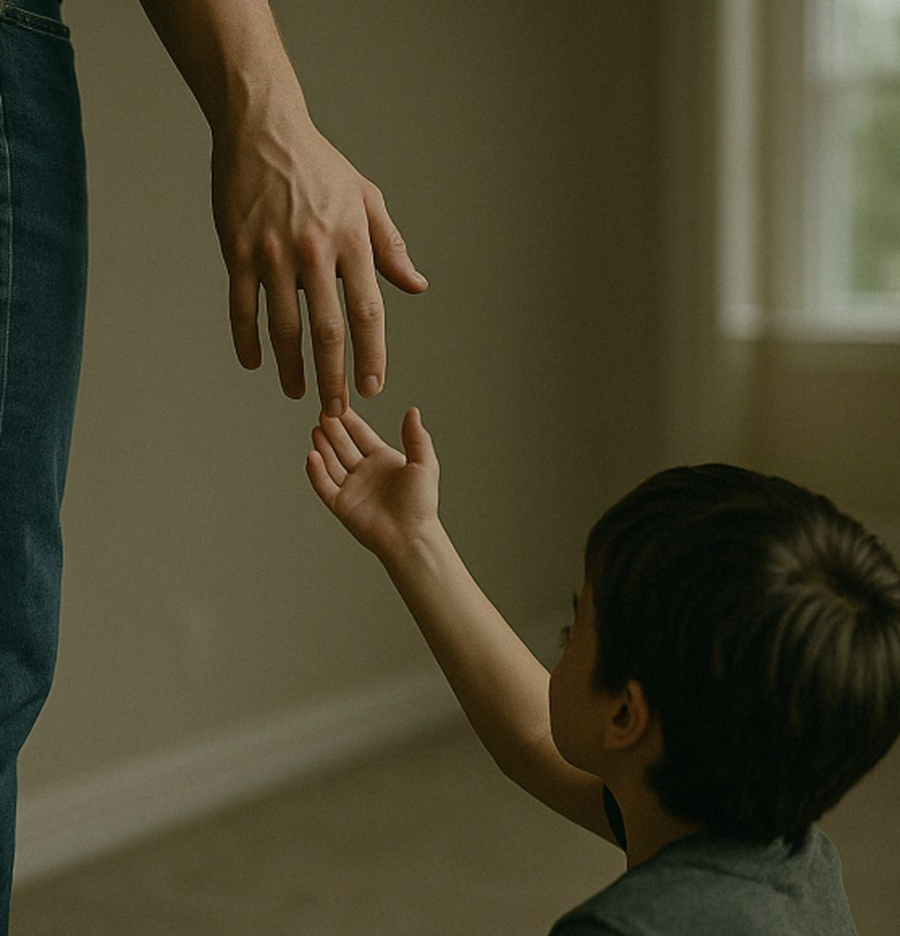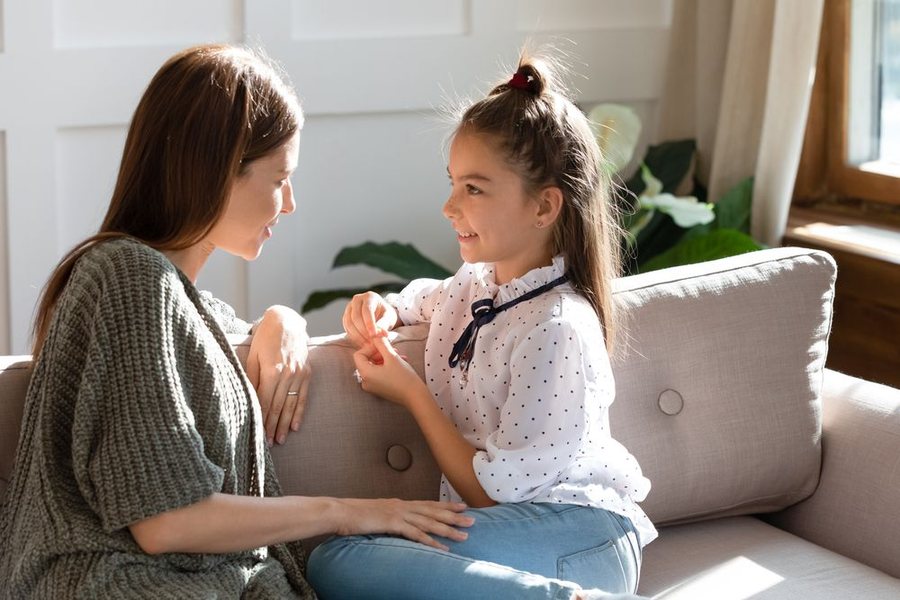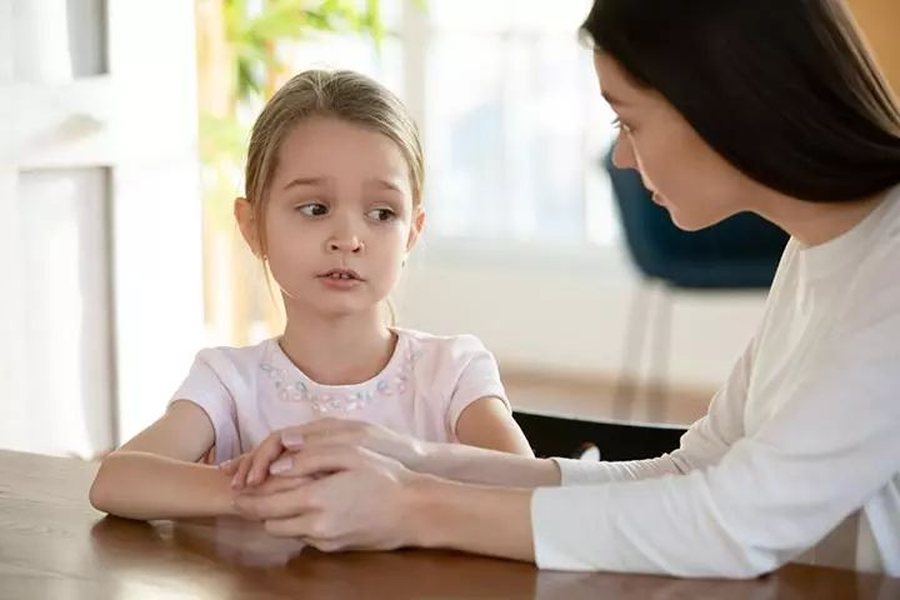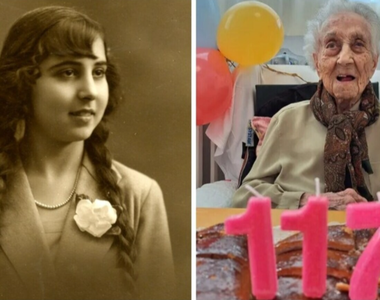
Nearly one in ten children suffer from anxiety, not just from everyday stress, but from anxiety disorders that seriously affect their functioning at home, school, and in society. According to data from the US Centers for Disease Control and Prevention (CDC), 9.4% of children aged 3-17 were diagnosed with anxiety in the period 2016–2019, and these numbers have likely increased after the pandemic, during which children's mental health deteriorated significantly.
Signs of anxiety in children

The first step in helping a child who suffers from anxiety is to understand and recognize it. But this is not always easy, as anxiety manifests itself differently in children than in adults.
According to clinical psychologist Dr. Caroline Danda, some of the most common signs include:
Constant search for security
Asking “what if…” type questions
Fear of doing ordinary things
Avoidance of social situations or new experiences
Aggressiveness, defiant behavior, or temper tantrums
Meanwhile, psychologist and nurse Dr. Kelsey M. Latimer adds that anxiety often manifests itself through:
Sleep problems (difficulty falling asleep or frequent awakenings)
Changes in appetite
Giving up socializing with others
Abdominal pain, headache, or feeling tired for no apparent reason
How can we help children with anxiety?

First, don't blame yourself. As Dr. Latimer points out:
"The fact that a child suffers from anxiety does not make you a bad parent."
What is important is to listen to the child carefully, without judgment and without trying to minimize their feelings. Do not say “it's nothing,” because this can make them feel misunderstood and more alone.
Psychologist Dr. Caroline Fenkel points out that even a simple conversation, whether during a walk or sharing a cookie, can be very valuable.
"When we use phrases like 'you need to get over it' or 'you don't have to feel this way', we make children feel guilty and push them to withdraw into themselves."
Some practical steps that help:
Create a safe and calm environment where the child feels free to express emotions.
Use simple relaxation techniques, such as deep breathing.
Hugs help a lot, not only with young children, but also with teenagers who may not want to admit it.
Create a routine that is as consistent as possible, this gives children a sense of security.
If you feel that anxiety is deeply affecting your child's daily life, don't hesitate to seek professional help. Child and adolescent psychologists are trained to help in such situations.





